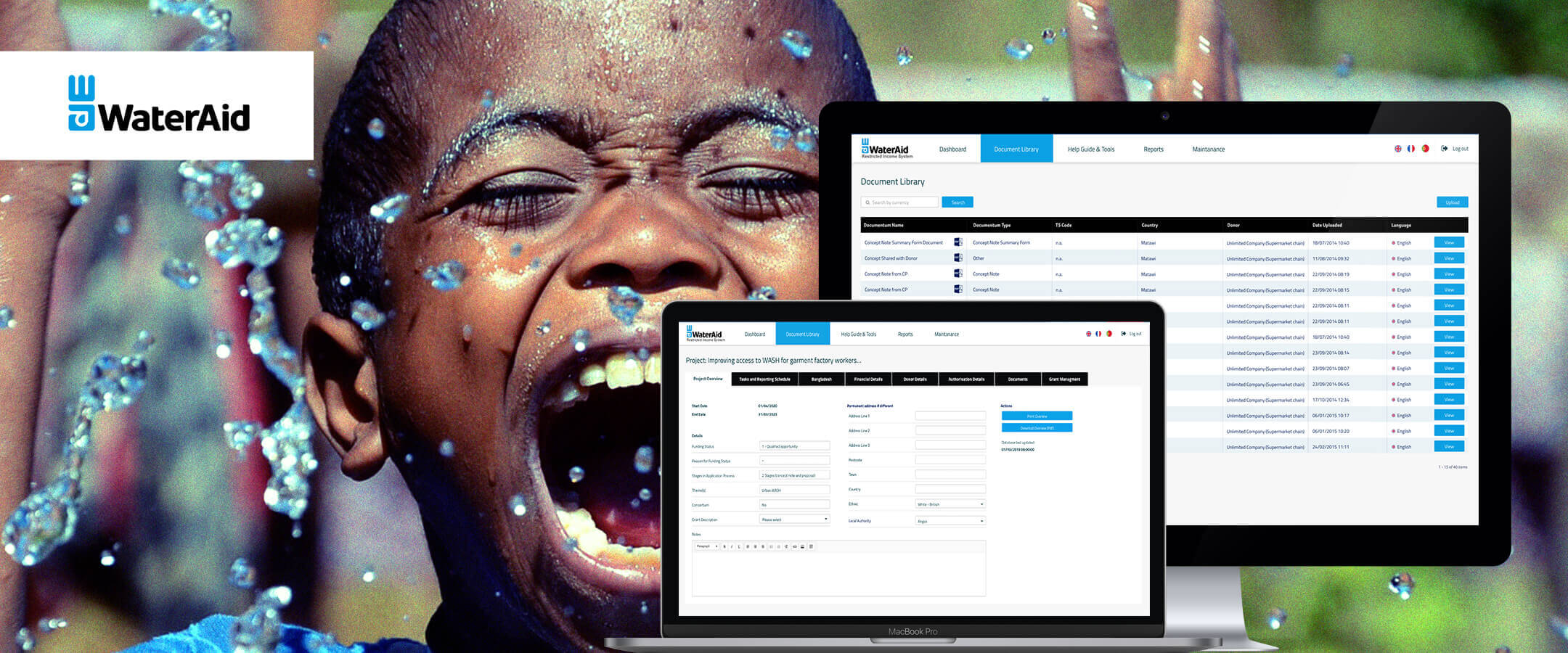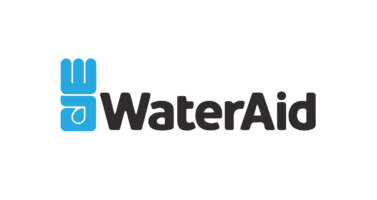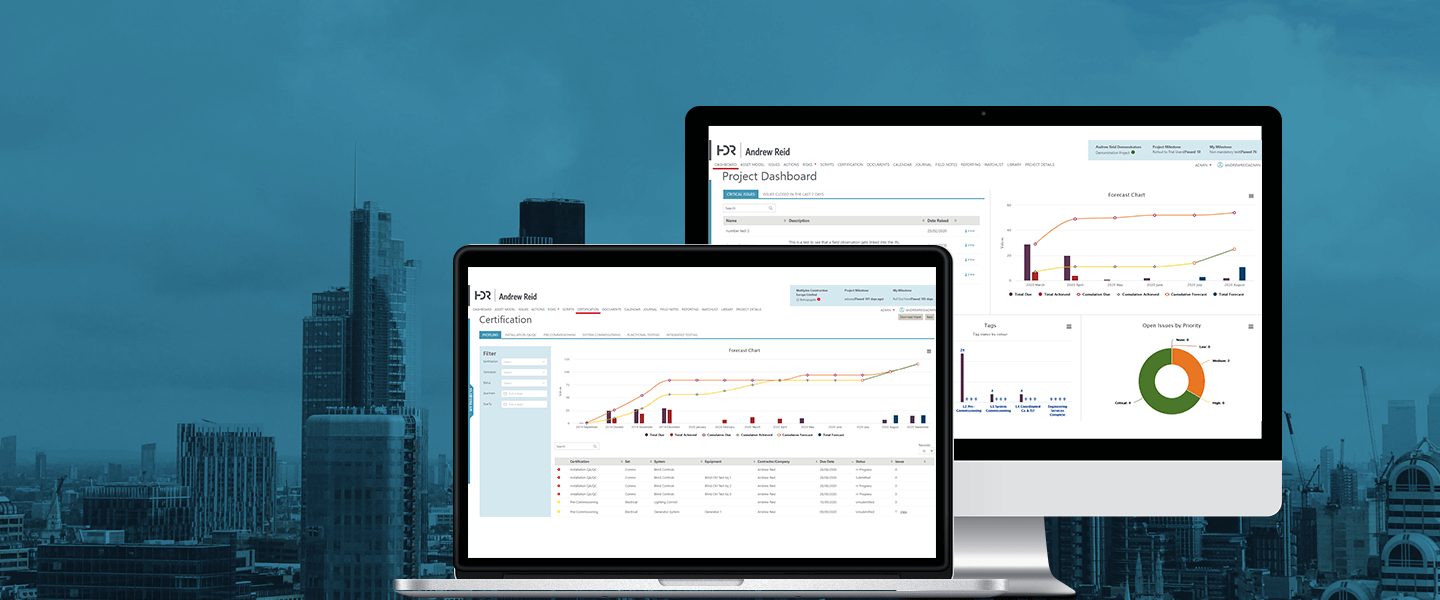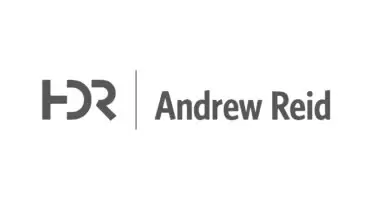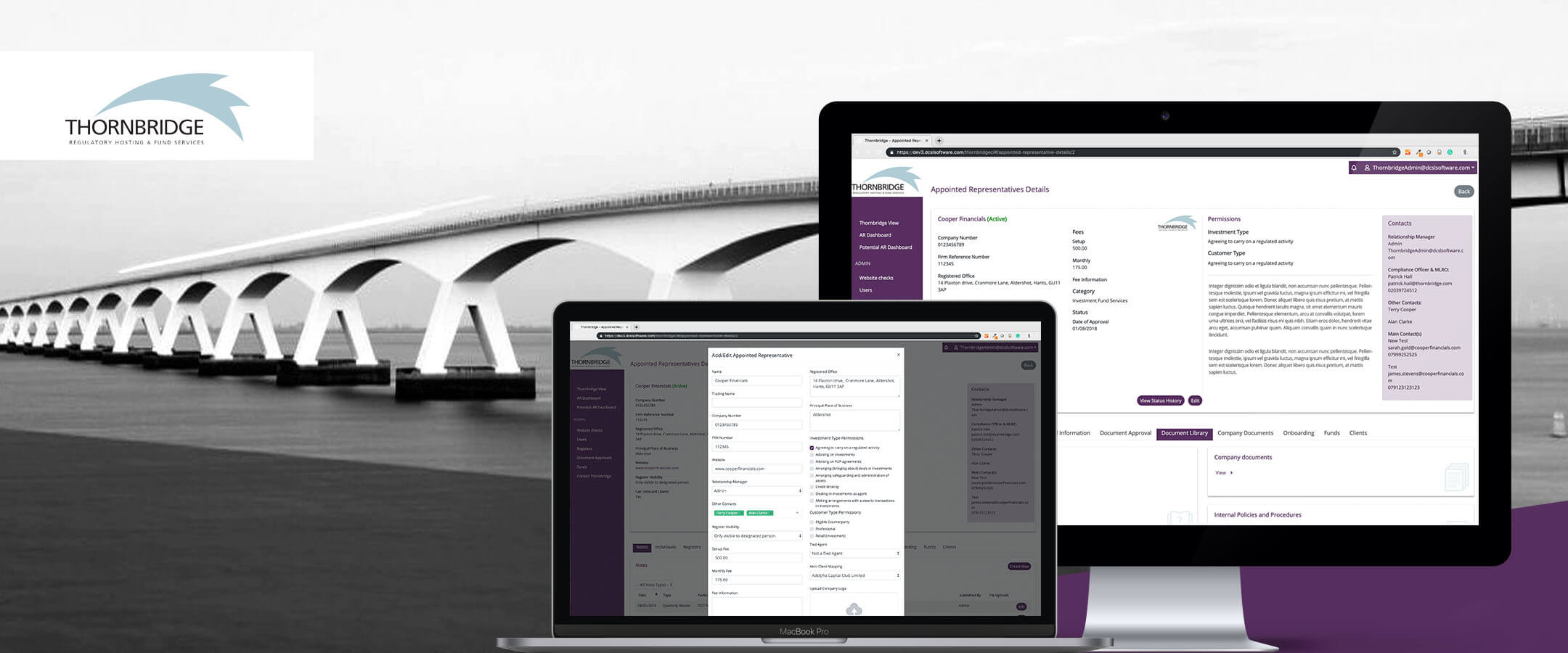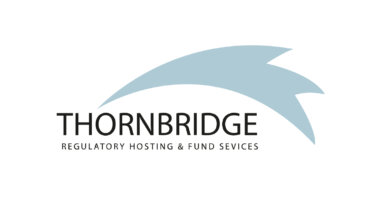Bespoke Database Systems
We specialise in designing and creating bespoke Microsoft SQL Server databases that drive business efficiency, help you see operational trends and scale your business.

At the heart of most business software applications, a database will coordinate functionality and store mission critical data.
By mixing online and offline, mobile, desktop, local and cloud, we can create powerful customer database software. Employees, managers, customers and suppliers will be able to simultaneously access and process live data through intuitive user interfaces.
How we can help you
Whether you’re a blue-chip company that needs a full-featured enterprise database to serve multinational locations and enable multiple users to access and update the data simultaneously, or a local retail business who has expanded and found that spreadsheets and Access databases are now limiting your effectiveness; we can help.
Here are some of the databases that we can create for our clients:
- Remote (cloud) databases
- Local databases
- Local databases synchronised/replicated with central database systems
- Multi-tenanted databases, for example an individual database for each “member” in a consortium, sharing the same user interface, functionality and business logic
Furthermore, for clients who have a database that isn’t performing as it should – either due to poor quality software, an unfinished software project, or the developer you were working with having moved on – we can help to fine-tune it.
All the databases we create enable you to carry out real-time reporting and data analysis simply and quickly – so our clients can get on with their jobs instead of having to spend hours trying to extract meaningful information.
To see how we can use your database to build front-end applications, take a look at our Business Applications page.
While each country has its own version of the sales order processing system for its websites, this all feeds into a single, powerful database driven application. Everything is fully synchronised so, from a desk just a few feet away, I can pull down any data I might want on the US business in seconds. There’s almost nothing this system can’t do. Read more.
Not sure which database you’ll need?
Don’t worry, that’s what we’re here for. We’ll work with you to understand your business requirements – who’ll be using the database, what tasks they’ll be performing, how often data will need to be modified, what hardware is available, levels of access and scalability requirements – before making our recommendation.
And if you know what database you’d like, we’ll gently question and challenge your business assumptions to make absolutely sure you’re getting the right one for your needs – now and in the future.
Technology
One Beyond is a Microsoft Partner, so our technology of choice is Microsoft SQL Server, including extensive use of the core Database Engine, Integration, Analysis and Reporting services. For big-data scenarios we also use the NoSQL database engine, MongoDB.
SQL Server is recognised as the de facto in modern industry and allows for secure, stable, scalable and fast storage and retrieval of data for any scenario. We can also work with MySQL and Oracle, if preferred.
At the front end, we use primarily browser based technology such as HTML5, served by .NET Core and C# programming. We also create WPF desktop and mobile applications.
Security
Microsoft SQL server – our technology of choice – has been voted the most secure database five years in a row1.
The security of your database – the confidentiality, integrity and availability of your company’s most sensitive data – is paramount to us. We ensure data is held on mission critical systems which conform to multiple security standards and are locked down from the outside world.
The Government, NHS and healthcare, education, financial services and insurance industries – all of whom require the highest degree of security possible – have trusted us with their data.
Data Migration
Many of the systems we create are re-writes of an existing, legacy system. This usually means data in the old system needs to be “migrated” or moved to the new system. In some cases, the data needs to be synchronised between the old and new systems to ensure a side-by-side system rollout can occur. In all cases, we have the experience and expertise to manage complex data migration scenarios.
1. National Institute of Standards and Technology Comprehensive Vulnerability Database 4/17/2013, Market share from IDC 2013) – www.microsoft.com/en-us/server-cloud/products/sql-server/

